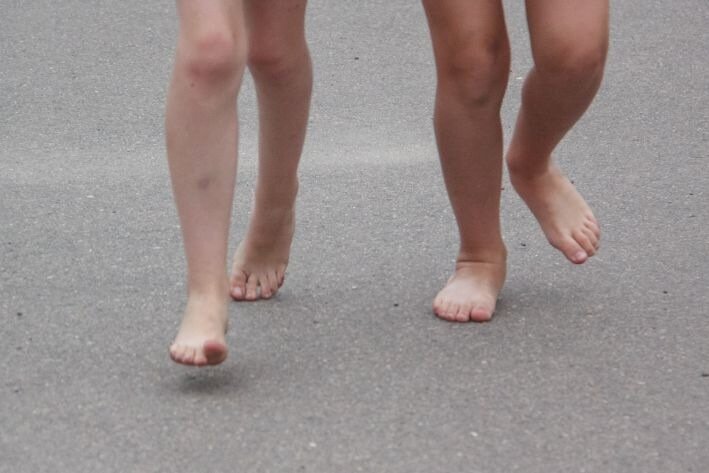Forbidden to say to children: 5 phrases that program for failure
Do you still believe that "well done" is praise? Psychologists have proven that even innocent phrases can ruin a child's life.
According to a study in the Journal of Experimental Psychology (2024), 90% of parents use language on a daily basis that turns their children into anxious losers.
"We are raising a generation infected with impostor syndrome," said bestselling author of The Gift of Failure, Jessica Lahey .
The first forbidden phrase is: “You are the smartest!”
Neuroscientist Carol Dweck proved in her book, Mind Flexibility, that such praise kills motivation.
“After these words, I was afraid to take on difficult tasks - what if I make a mistake and everyone understands that I’m not a genius,” wrote 19-year-old Artur on the forum.

The second phrase is: “Don’t cry!”
According to the Child Mind Institute , children who heard this were twice as likely to hide their emotions as adults.
"My mother used to say: Tears are for weaklings. Now I can't ask for help, even when I'm choking with panic," admitted 22-year-old Anya.
The third phrase is: “Are you sure you want this?”
A University of Toronto study found that teenagers were skeptical about the question 78% of the time.
"Every time I choose something, my mother's voice sounds in my head. I hate it," writes 17-year-old Katya.
The fourth phrase is “Be as...”
Comparisons with others, according to the Journal of Social Psychology, lower self-esteem by 40%. "My dad praised my friend for his athletic achievements.
“I started to hate both my friend and myself,” said 16-year-old Misha.
The fifth phrase is “You won’t succeed.”
Even said “out of concern,” it becomes a self-fulfilling prophecy.
Amazon founder Jeff Bezos recalled: “A teacher told me I would never start a business. That became my fuel, but most kids fail.”
How to Replace Toxic Phrases
Psychologist Alfie Kohn advises: "Talk about feelings, not grades. Instead of "You're great," say: "I see how hard you tried."
Words can hurt, but they can also heal. Choose them as medicine – consciously.
